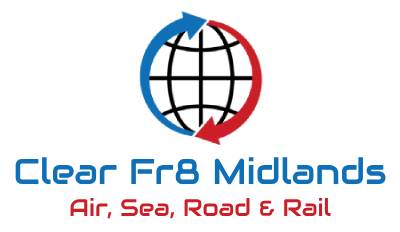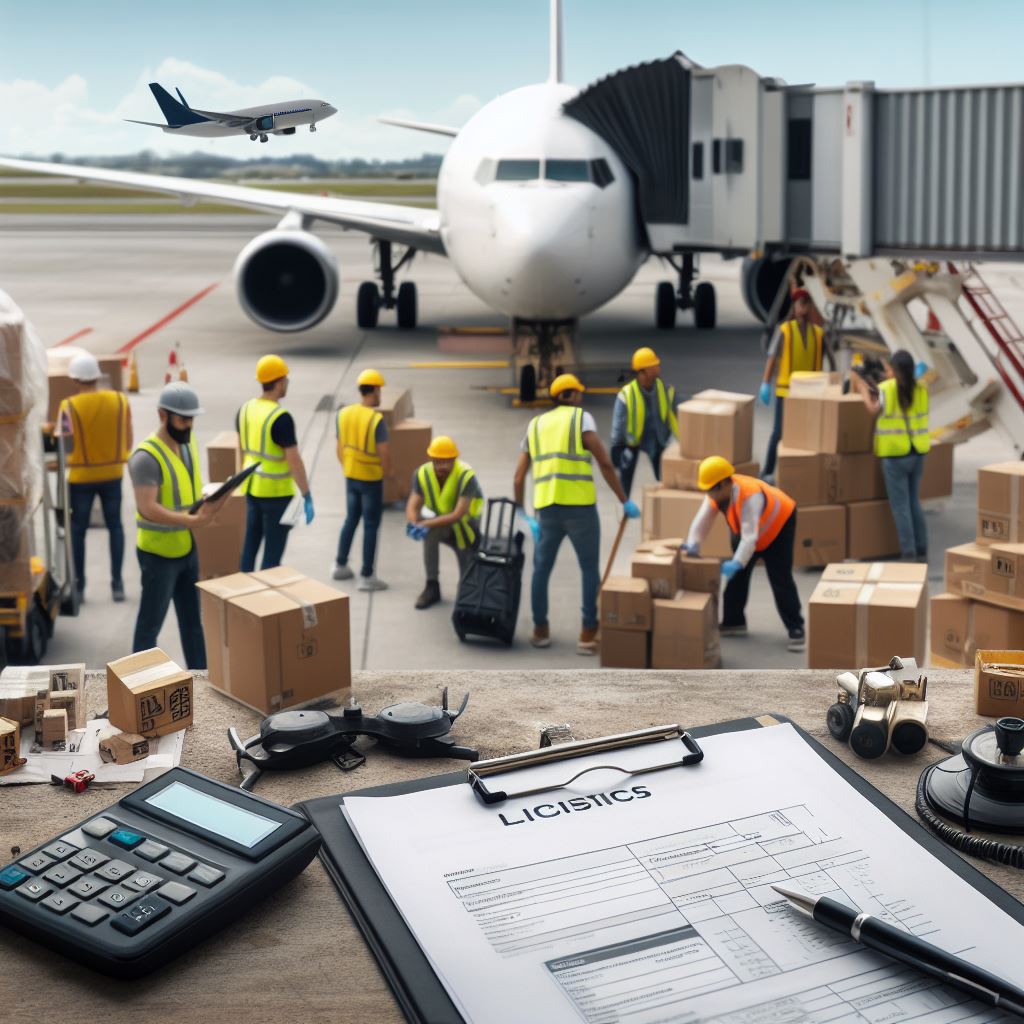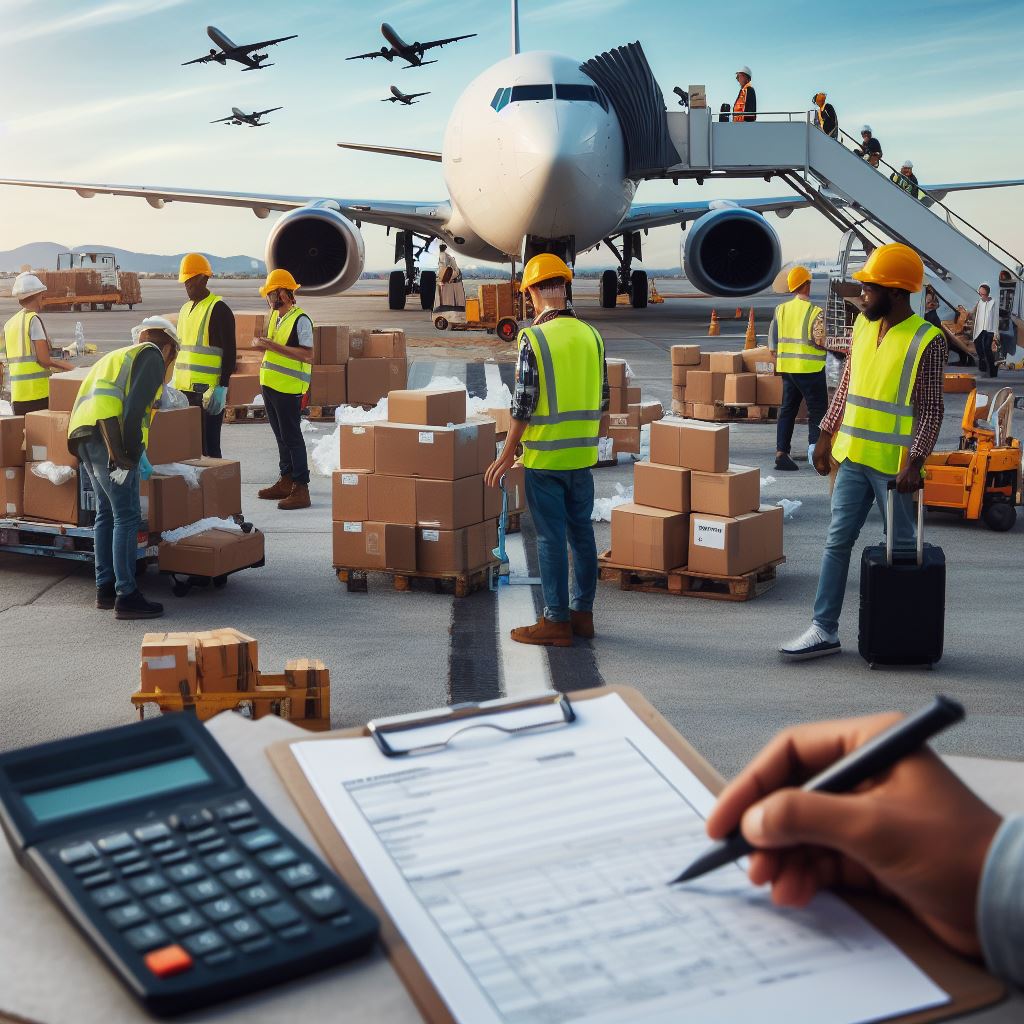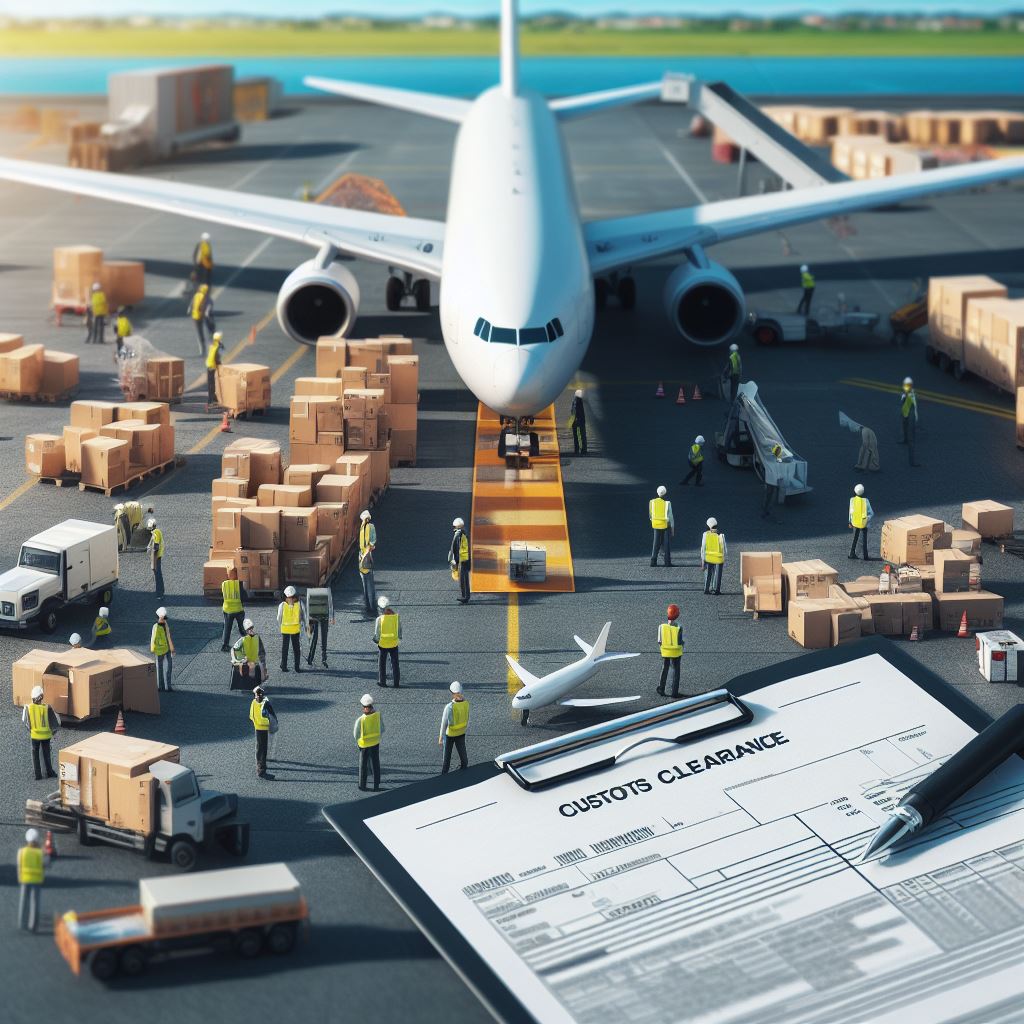Air Freight Customs Clearance
Air freight customs clearance is the process of obtaining permission from the authorities of a country to import or export goods by air. It involves complying with the rules and regulations of the country, paying the required duties and taxes, and submitting the necessary documents. Air freight customs clearance can be faster and simpler than sea freight customs clearance, depending on the type and value of the goods, the origin and destination countries, and the specific requirements of each airport. However, air freight customs clearance can also be more expensive and subject to more restrictions than sea freight customs clearance. Therefore, many shippers and consignees rely on the services of freight forwarders or customs brokers to handle the customs clearance process for them.
Air Freight Logistics
- Preparing the documents: The shipper or consignee must prepare and provide the documents that are required for customs clearance, such as the commercial invoice, the packing list, the air waybill, the certificate of origin, and any other certificates or licenses that may be needed for specific goods or countries. The documents must be accurate and complete, as any errors or omissions can cause delays or penalties. The documents must also be submitted electronically to the customs authorities before or upon arrival of the goods, using systems such as CDS in the UK1 or ACE in the US2.
- Paying the duties and taxes: The shipper or consignee must pay the duties and taxes that are applicable to the goods, based on their tariff classification, value, origin, and destination. The duties and taxes may vary depending on the trade agreements or preferential schemes that exist between countries. For example, goods that originate from countries that have a free trade agreement with the UK or the US may enjoy lower or zero duties. The duties and taxes must be paid before or upon arrival of the goods, depending on the payment method chosen by the shipper or consignee.
- Undergoing inspection: The customs authorities may inspect the goods to verify their compliance with the rules and regulations of the country, such as safety, health, security, environmental, or agricultural standards. The inspection may be random or targeted, depending on the risk assessment of the goods. The inspection may involve physical examination, sampling, testing, or scanning of the goods. The inspection may cause delays or additional costs for the shipper or consignee.
- Obtaining release: Once the customs authorities are satisfied with the documents, payments, and inspection of the goods, they will issue a release notice that allows the goods to enter or exit the country. The release notice may be electronic or paper-based, depending on the system used by each country. The release notice must be presented to the airport authorities to collect or deliver the goods.
The main challenges of air freight customs clearance are:
-
Cost: Air freight customs clearance can be expensive for shippers and consignees, as they have to pay for various fees and charges associated with the process, such as document fees, handling fees, terminal fees, storage fees3, demurrage fees3, detention fees3, inspection fees4, duty fees4, tax fees4, etc. These fees and charges may vary depending on factors such as volume, weight, value, origin, destination, type, and risk of the goods. The fees and charges may also increase due to delays or complications in the process, such as missing or incorrect documents, late or non-payment, inspection or rejection, etc.
-
Time: Air freight customs clearance can be time-consuming for shippers and consignees, as they have to wait for various stages of the process to be completed before they can receive or deliver their goods. The time required for air freight customs clearance may depend on factors such as availability, capacity, efficiency, and reliability of the parties, systems, and infrastructure involved in the process. The time required may also vary depending on factors such as seasonality, peak demand, congestion, weather, strikes, accidents, or other unforeseen events that may affect the movement of goods.
-
Restrictions: Air freight customs clearance can be subject to more restrictions than sea freight customs clearance, as air transport has more limitations in terms of size, weight, volume, and hazardousness of the goods. Some goods that can be shipped by sea may not be allowed by air, such as flammable liquids5, explosives5, live animals5, etc. Some goods that can be shipped by air may require special packaging, labeling, documentation, or handling, such as perishable goods5, pharmaceuticals5, lithium batteries5, etc.
The benefits of using a freight forwarder or a customs broker for air freight customs clearance are:
- Expertise: Freight forwarders and customs brokers have the knowledge and experience of handling air freight customs clearance for various types of goods and countries. They are familiar with the rules and regulations of each country and airport, and they can advise the shippers and consignees on the best practices and solutions for their specific needs. They can also help the shippers and consignees to obtain the necessary documents, licenses, or certificates for their goods, and to classify their goods correctly for duty and tax purposes.
- Convenience: Freight forwarders and customs brokers can provide a one-stop service for air freight customs clearance, as they can handle all the aspects of the process, such as document preparation, payment, inspection, and release. They can also coordinate and communicate with all the parties involved in the process, such as customs authorities, airport authorities, airlines, carriers, warehouses, and agents. They can also track and monitor the status and location of the goods, and inform the shippers and consignees of any updates or issues.
- Savings: Freight forwarders and customs brokers can help the shippers and consignees to save time and money in air freight customs clearance, as they can use their network and relationships to negotiate better rates and terms with the parties involved in the process. They can also help the shippers and consignees to avoid or minimize delays or penalties that may arise from errors or omissions in the process. They can also help the shippers and consignees to take advantage of any trade agreements or preferential schemes that may reduce or eliminate duties or taxes for their goods.
The drawbacks of using a freight forwarder or a customs broker for air freight customs clearance are:
-
Cost: Freight forwarders and customs brokers charge fees for their services, which may add to the overall cost of air freight customs clearance for the shippers and consignees. The fees may vary depending on factors such as volume, weight, value, origin, destination, type, and risk of the goods, as well as the level and quality of service provided. The fees may also be subject to changes or surcharges due to market conditions or other factors.
-
Liability: Freight forwarders and customs brokers are not liable for any loss or damage that may occur to the goods during air freight customs clearance, unless they are proven to be negligent or at fault. The liability for the goods remains with the shipper or consignee, who must ensure that they have adequate insurance coverage for their goods. The shipper or consignee must also ensure that they have a clear and written contract with the freight forwarder or customs broker that specifies their roles, responsibilities, rights, and obligations in air freight customs clearance.
-
Quality: Freight forwarders and customs brokers may vary in their quality of service, depending on their reputation, experience, resources, and performance. The shipper or consignee must do their due diligence to select a reliable and reputable freight forwarder or customs broker that can meet their expectations and requirements in air freight customs clearance. The shipper or consignee must also monitor and evaluate the service quality of the freight forwarder or customs broker on a regular basis, and provide feedback or complaints if necessary.
In conclusion, air freight customs clearance is an essential process that enables the movement of goods across borders by air. It involves various steps and challenges that require compliance with the rules and regulations of each country and airport. It also involves various fees and charges that affect the cost and time of air freight customs clearance. Therefore, many shippers and consignees use the services of freight forwarders or customs brokers to handle air freight customs clearance for them. However, using a freight forwarder or a customs broker also has its benefits and drawbacks that need to be considered carefully by the shippers and consignees.
- air freight cargo
- air freight cargo
- air freight cargo
- air freight customs clearance
- air freight customs clearance
- air freight customs clearance
DOCUMENT REQUIREMENTS
- Certificate of Origin
- Bill of Lading
- Packing List
- Commercial Invoice
- Customs Clearance








